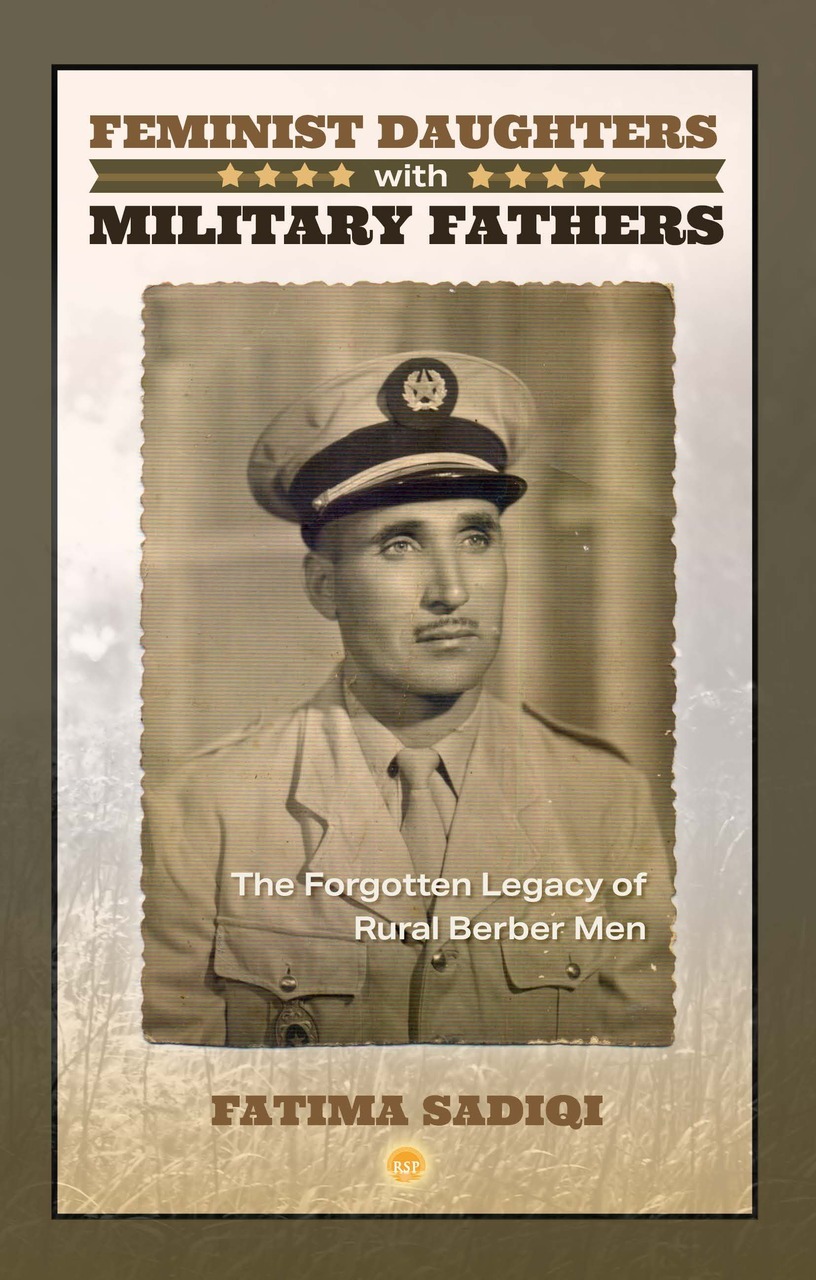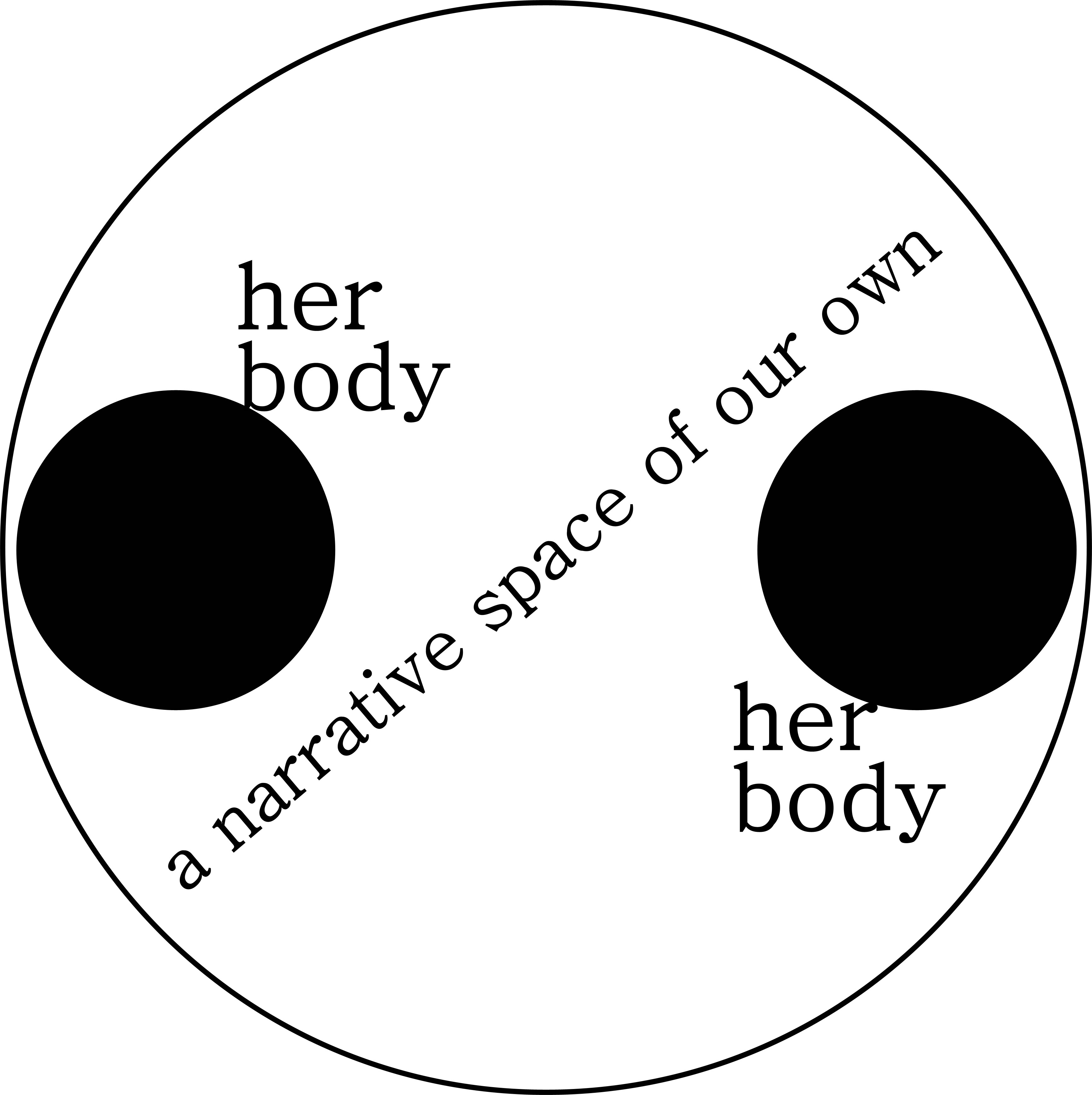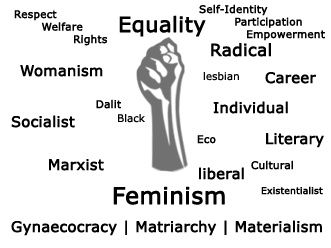Article Title :
Feminist Daughters with Military Fathers: The Forgotten Legacy of Rural Berber Men 
6 (2022)
39-41
Rural Berber Men , Morocco , Military Fathers , Gender , Feminist Daughters , Fatima Sadiqi


The book under review ‘Feminist Daughters with Military Fathers: The Forgotten Legacy of Rural Berber Men’ by Fatima Sadiqi is a tribute to the author’s military father and his service to the Moroccan French and Moroccan military. The book also covers various themes such as military sociology, gender and culture throughout five chapters such as in chapter one about a biography of sadiqi’s Mouhamd ou Lahcen (around 1919-2005) a rural, illiterate, self-made Berber man who served in the French army before joining the Moroccan army after independence in 1956. Chapter two is dedicated to the sociology of the military. Chapter three offers an understanding of the intersection between gender and the military and also highlights the important role of Moroccan women in the national struggle for independence. Chapter four examines the nature of the Moroccan Military institution and its history. Chapter five contains life stories and experiences of twenty-five Moroccan Feminist leaders in various fields. Journalists, university professors, medical doctors, and writers that are of Sadiqi’s generation who have similar backgrounds being “daughter of military fathers” and “often share rural background”.

Sadiqi through her father’s experience discuss the remarkable role of military fathers played in the education of their daughters.
Sadiqi explains the relationship between the military and society questions factors such as social organization, family issues, and motives of service.
Sadiqi offered an understanding of the intersection between gender and the military with the important role of Moroccan women in the national struggle for independence.
Sadiqi explains that Family and loyalty are an important social trait at the core of the Amazigh culture through which Sadiqi describes as a ‘space-based patriarchy’ meaning as what is public considered male authoritative and what is private is considered female.
Through “feminization of authority” women have access to public spaces and occupations that have been traditionally available only to men. This subsequently leads to breaking cycles of patriarchy being linked to space.
Sadiqi, F., 2017. Navigating the Berber culture/Islamic feminism intersection. Journal of World Philosophies, 2 (2), 146-156.
Sadiqi, F., 2021a. Feminist daughters with military fathers: The forgotten legacy of Rural Berber Men. The Red Sea Press, New Jersey.
Sadiqi, F., 2021b. Language and gender in North Africa: Contextualising an emerging discipline. Gender and Language, 15, (4), 592- 602.






